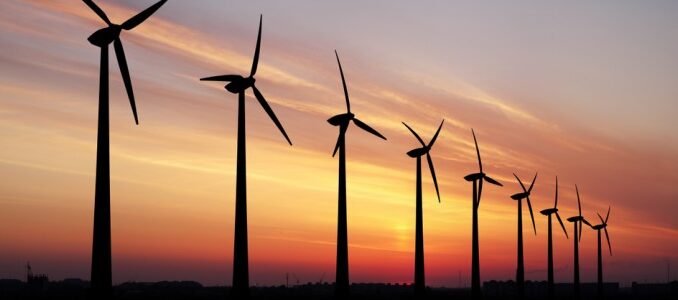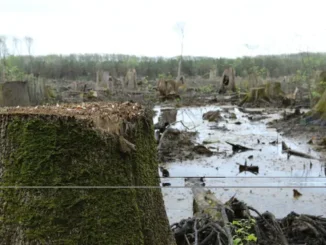
After a year of struggles for offshore wind developments amid rising costs, canceled projects, and failed auctions, governments and policymakers in Europe and the U.S. have realized they may need to pay up to ensure projects are built to help their decarbonization goals.
Europe and the United States risk missing their ambitious wind power installation targets as soaring costs, supply chain delays, and low electricity prices at auctions hamper development and lead to a cancelation of offshore wind projects.
The offshore wind industry has seen several major setbacks since the summer—auctions in the U.S. and the UK were a flop and a large UK project was canceled due to surging costs and challenging market conditions pressuring new developments. Meanwhile, developers in the U.S. are seeking looser requirements for tax credits to make projects economically feasible.
But now some governments, including the UK government, have raised the minimum prices for next year’s auctions to ensure there will be bidders to develop offshore wind projects.
“The reality is governments are starting to react and are accepting that to keep their offshore wind programmes on track – which are important for the economy, energy security, decarbonisation targets and jobs – it’s worth paying a bit more,” Jonathan Cole, chief executive of project developer Corio Generation, told Reuters.
In the UK, the government last month raised the maximum price for offshore wind projects in its flagship renewables scheme, the Contracts for Difference (CfD) auction.
“Following an extensive review of the latest evidence, including the impact of global events on supply chains, the government has raised the maximum price offshore wind and other renewables projects can receive in the next Contracts for Difference (CfD) auction to ensure it is performing effectively,” the UK said.
In a bid to keep Europe competitive in the wind power industry, the European Commission unveiled last month the so-called European Wind Power Action Plan, “to ensure that the clean energy transition goes hand-in-hand with industrial competitiveness and that wind power continues to be a European success story.”
ENB Top News
ENB
Energy Dashboard
ENB Podcast
ENB Substack



